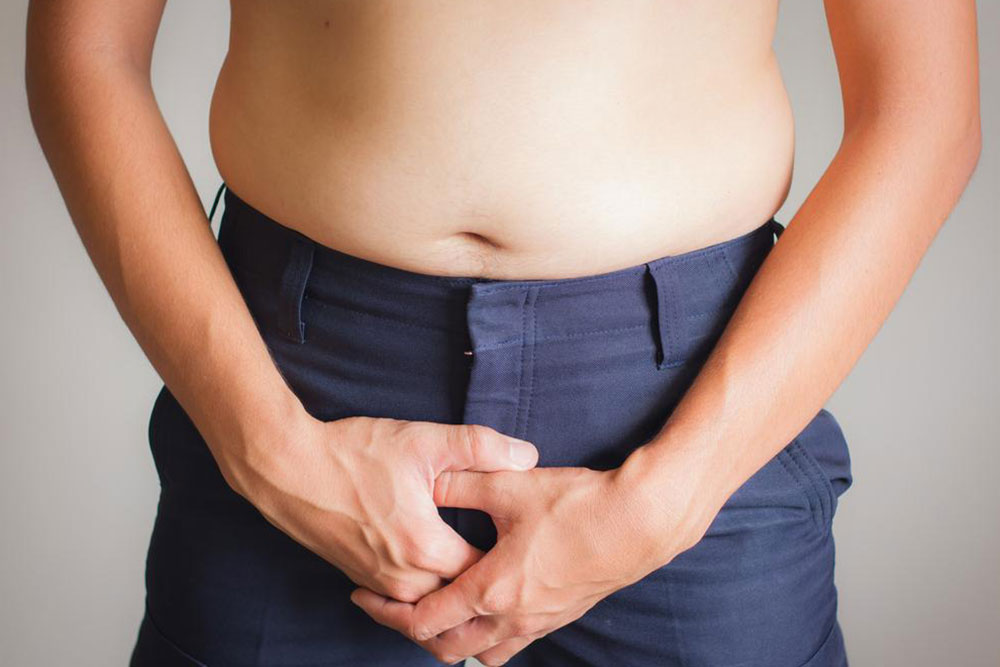Managing Overactive Bladder: Symptoms and Natural Remedies
Discover comprehensive insights into overactive bladder, including common symptoms, effective home remedies, lifestyle changes, and professional treatments. Learn how to manage this condition naturally and improve overall quality of life through dietary adjustments, exercises, and herbal supplements. Early intervention and proper care are key to alleviating symptoms and preventing complications.

Managing Overactive Bladder: Symptoms and Natural Remedies
Overactive bladder (OAB) is a condition characterized by an increased urgency to urinate frequently during the day. According to Johns Hopkins Medical, about 33 million Americans are affected. People with OAB often experience numerous symptoms such as constant urge to go, accidental leakage, and frequent nighttime trips to the bathroom. This condition can impact daily life and social interactions, forcing individuals to avoid gatherings due to fears of accidents. Early detection and appropriate treatment are essential for improving quality of life.
Common symptoms include:
Frequent Urination: Feeling the need to urinate more than eight times daily, often more than typical.
Urgency: Sudden, uncontrollable urge to urinate that can't be deferred.
Incontinence: Unexpected leakage resulting from bladder control issues.
Nocturia: Waking multiple times during the night to urinate.
If these symptoms are present or urination habits change, consulting a healthcare professional is vital. Urinary tract infections can aggravate OAB, so proper diagnosis and treatment are crucial. Medications, behavioral modifications, and sometimes surgical options are available for management.
Effective non-invasive treatments include:
Bladder Training: Scheduled urination routines help control urges without medications. Gradually increasing intervals between bathroom visits improves bladder capacity.
Pelvic Floor Exercises: Kegel exercises strengthen muscles that regulate urination. Starting with a few minutes daily and progressing to longer sessions enhances control.
Absorbent Pads: High-risk individuals should use protective pads to manage leaks discreetly.
Dietary adjustments also aid in symptom relief. Limiting caffeine, alcohol, spicy foods, citrus fruits, and tomato-based products reduces bladder irritation. Increasing fiber intake from fruits, cereals, and whole grains prevents constipation, which can pressure the bladder. Maintaining a healthy weight is equally important, as excess weight weakens pelvic muscles, increasing leakage risk.
Natural supplements like pumpkin seed extract and corn silk may help soothe bladder irritation. Other herbs like Ganoderma lucidum and magnesium supplements can assist with urinary symptoms. Incorporating capsicum and vitamin D in moderation might also be beneficial, but consultation with a healthcare provider is recommended before use.
Adopting a healthy lifestyle, staying active, and avoiding bladder irritants can significantly improve symptoms. In case of worsening conditions, professional medical advice should be sought for comprehensive management.










